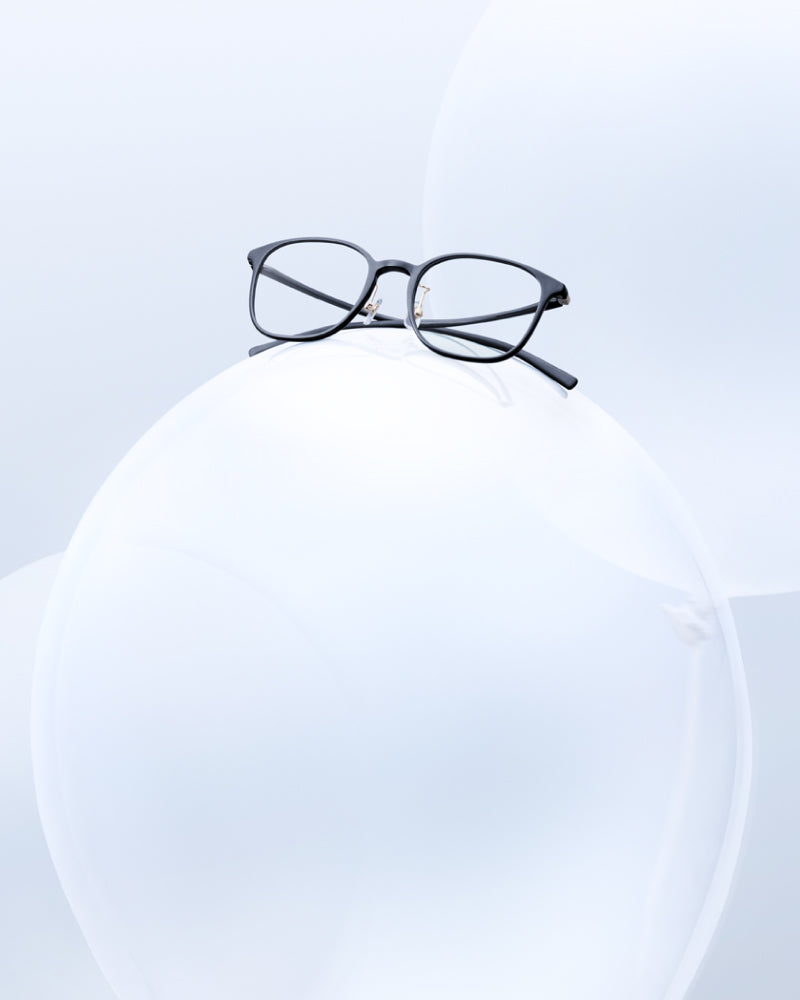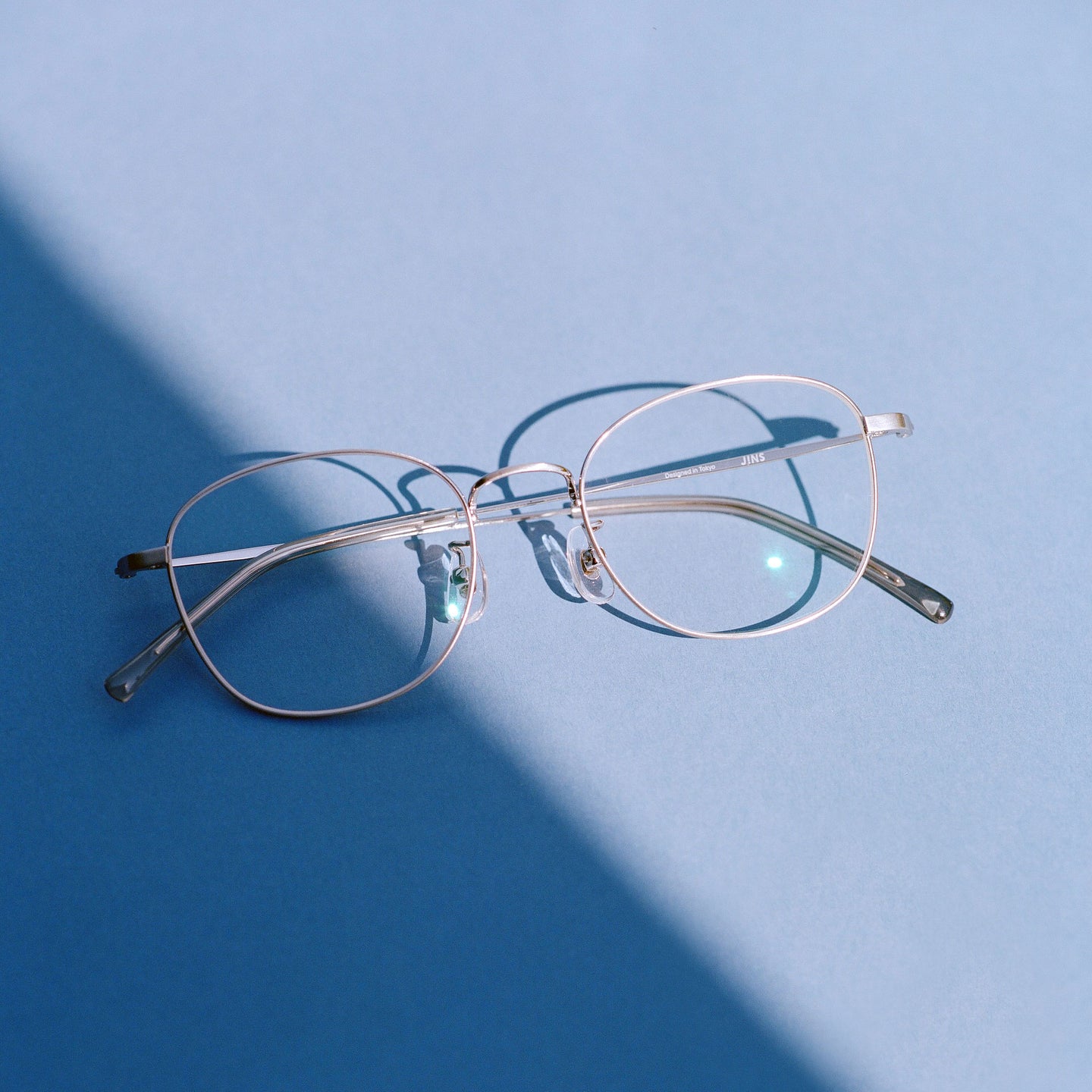You want your glasses to last, so you keep them clean, store them properly, and handle them carefully. But accidents can happen. Scratches leave unsightly marks on your lenses, and they can have a negative impact on your vision, leading to headaches and eye strain. It's a good idea to get them fixed as soon as you can. Here's how to get scratches out of glasses—as well as some commonly suggested tips that don't always provide the best results.
HOW TO REMOVE SCRATCHES FROM GLASSES
LENS REPLACEMENT
The most reliable avenue for glasses scratch repair is a complete lens replacement. DIY tricks won't always work, and in many cases, they'll make the damage worse. A fresh set of lenses makes your glasses as good as new and allows you to see properly and pain-free. You can opt for new lenses that are equipped with a strong scratch-resistant coating as well.
BAKING SODA
If you're looking for a DIY solution, baking soda is the most common home remedy. Before you start, clean your lenses thoroughly with a microfiber cloth. Mix 1 - 2 teaspoons of baking soda with enough water to form a thick paste. Apply the paste to the scratched area and use a soft cotton ball or microfiber cloth to gently rub it in, using a circular motion. Try to avoid pressing into the glass. After 10 - 20 seconds, rinse away the paste and dry the lens with a new, clean microfiber cloth.
If the scratch seems less visible, you can repeat the process until it's unnoticeable. If it appears worse, do not continue this method. Baking soda paste is meant to wear down the lens coating until the scratches are no longer visible, so it's important not to use too much.
COMMON SCRATCH REMOVAL HACKS THAT DAMAGE GLASSES
TOOTHPASTE
Many glasses scratch repair guides suggest using toothpaste. In theory, the tiny abrasive particles in toothpaste—which may even be baking soda—will buff the lens coating enough to remove any scratches. However, many toothpastes are far too abrasive and will only make scrapes worse. Non-whitening, non-gel, and non-abrasive products may work, but when it comes to glasses repair, staying away from toothpaste is your best bet.
GLASS ETCHING CREAM
These products are promoted to remove damaged lens coatings, such as anti-reflective or anti-fog treatments. While effective, glass etching creams eliminate the benefits of any protective coatings your glasses have. They can also cause serious damage to the lens itself if left on the surface for more than five minutes. With such a high risk of making your lenses worse, this method is not recommended.
METAL POLISH
Metal polishes are sometimes touted as a two-for-one deal when used for glasses repair—supposedly, they will fix scratches while cleaning away dirt and debris. Whether it's silver, brass, or any other metal polish, it should never be used on your eyeglass lenses. Even a small amount can destroy coatings and lenses and damage frames. Additionally, these products are expensive and time-consuming to use, so it simply isn't worth the risk.
THE BOTTOM LINE
If you want to fix scratched glasses, there are countless DIY methods that may or may not do the job. These solutions can be hit-or-miss and may leave you with bigger scuffs and scratches. Baking soda works in a pinch, but it's not the best long-term solution. To ensure your glasses are truly as clean and clear as possible, having an eye doctor replace damaged lenses is your best bet.
*Please treat glasses with care. JINS cannot be held responsible for unforeseen scratches on lenses resulting from these techniques.


















